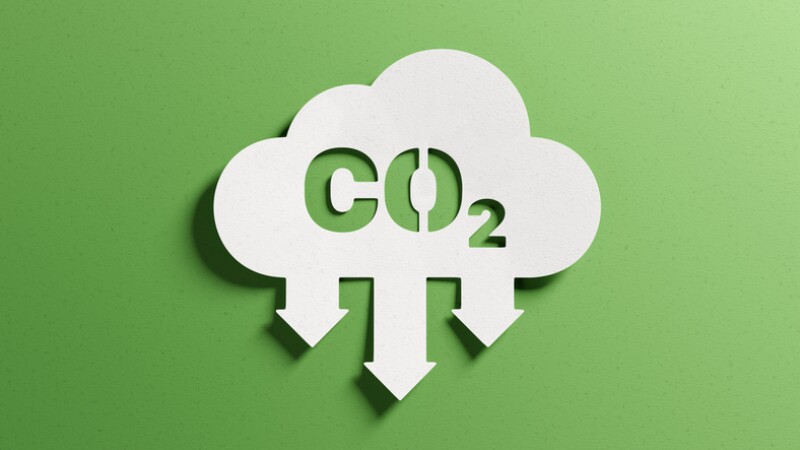Gulnur Ualiyea, a PhD student at The University of Tulsa’s McDougall School of Petroleum Engineering, is conducting pioneering research into downward gas-liquid flow—a relatively underexplored area in petroleum engineering.
Drawing on her 8 years of industry experience in oil pipeline transport in Kazakhstan, she is using her expertise to address a critical challenge in CO2 well-injection design, which is essential for carbon capture and storage (CCS).

While multiphase flow is well-studied, downward flow has received limited attention. Ualiyea's work aims to close this gap using cutting-edge instrumentation, a unique research facility, and advanced computer vision techniques to capture and analyze flow dynamics with high precision.
These insights could significantly improve the accuracy and safety of mechanistic models used in CO2 injection, helping to ensure gases remain securely stored underground—a key requirement for effective climate change mitigation.
Her research has gained international recognition, earning her invitations to present at top conferences, where experts have commended her innovative methodology and insightful findings.
“Gulnur’s research represents the kind of innovation that will drive the future of our industry,” said Eduardo Pereyra, the F.F. “Mick” Merelli/Coterra Energy Chair Professor in Petroleum Engineering. “Her work has the potential to make a profound impact on how we approach CO2 injection and climate change mitigation.”

